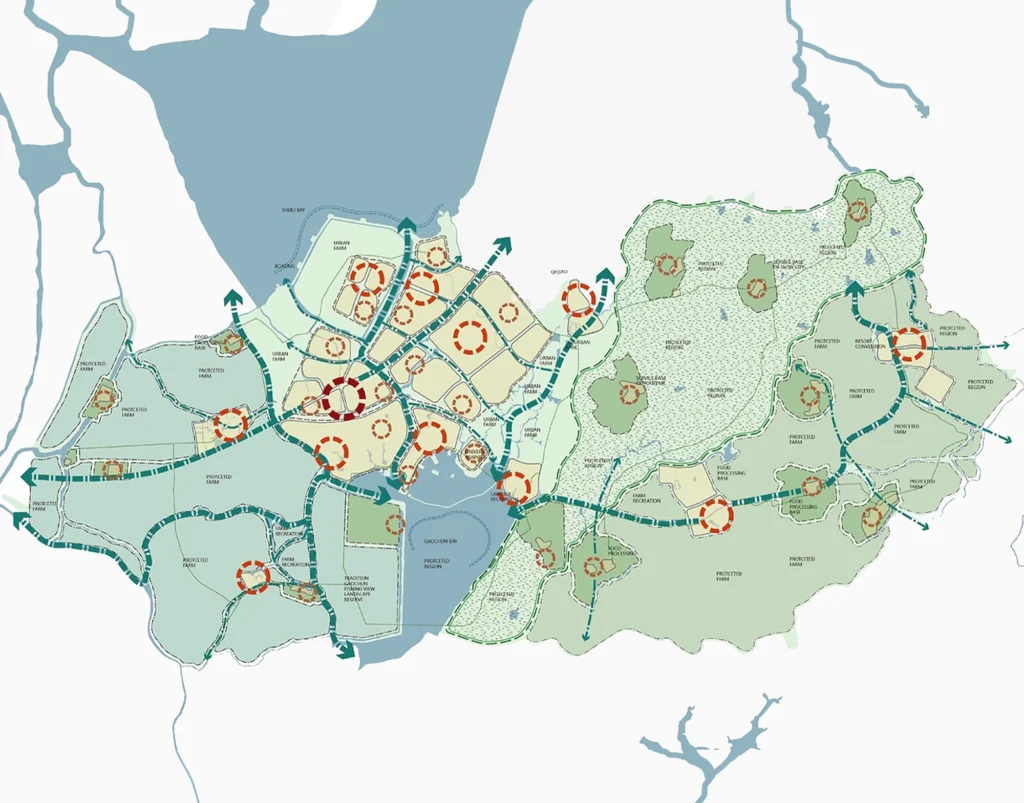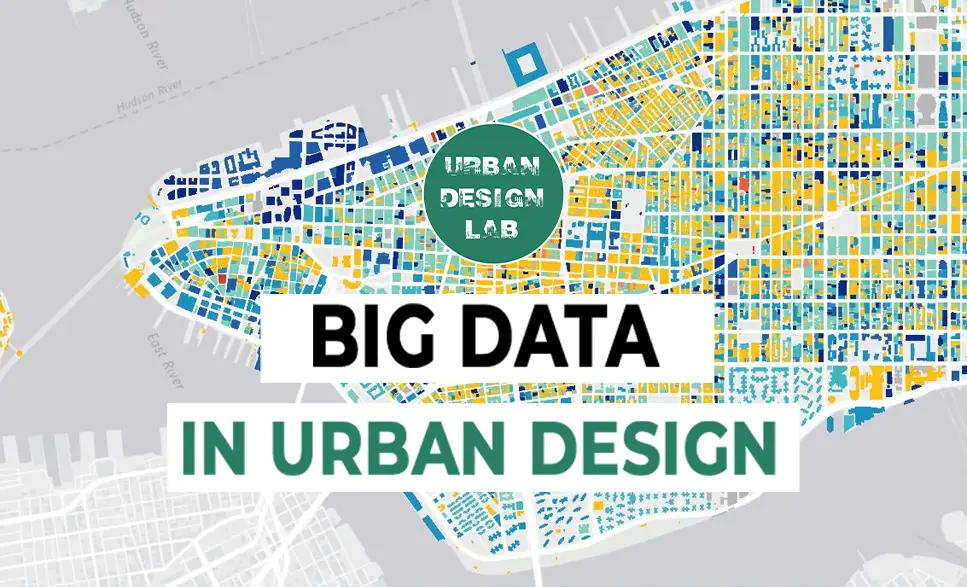
Book Review: Order without Design by Alain Bertaud

Alain Bertaud’s “Order Without Design: How Markets Shape Cities” challenges traditional urban planning paradigms by advocating for a market-driven approach. Bertaud, drawing on his extensive experience as an urban planner, argues that cities function best when market forces guide their development rather than top-down planning. Bertaud critiques restrictive zoning laws that lead to housing shortages and high prices, advocating for flexible land use policies to adapt to population growth and economic changes.
Bertaud also redefines the role of urban planners, suggesting they should act as facilitators who provide infrastructure and policy frameworks to support market operations, rather than imposing rigid designs. While Bertaud’s market-driven model is praised for its practicality and efficiency, it faces criticism for potentially exacerbating social inequalities, such as gentrification and displacement of low-income communities.
Despite these criticisms, Bertaud’s work has significantly influenced urban planning policies globally. Cities like Houston, with flexible land use policies, and Tokyo, with high-density zoning, exemplify the practical application of his principles, resulting in dynamic and affordable urban environments. “Order Without Design” offers a thought-provoking perspective on urban planning, emphasizing the importance of understanding and facilitating market forces to create efficient, livable cities.
Introduction
Alan Bertaud’s “Order without Design: How Markets Shape Cities” presents a comprehensive examination of urban planning through the lens of market dynamics. In this seminal work, Bertaud, a seasoned urban planner with extensive experience in various global contexts, critiques traditional urban planning approaches and advocates for a market-oriented perspective. The book delves into the intricate relationship between urban form and economic principles, arguing that spontaneous market forces, rather than rigid planning doctrines, effectively shape functional and efficient cities. By integrating empirical evidence with theoretical insights, Bertaud challenges preconceived notions of urban design, urging policymakers and planners to embrace market mechanisms as a fundamental tool for urban development. This review critically evaluates Bertaud’s arguments, assessing their implications for contemporary urban planning practices and the future of city development.
Methodology
Bertaud’s methodology is grounded in empirical data and comparative analysis. He utilizes extensive data from cities worldwide to support his arguments, examining variables such as housing prices, population density, and land use patterns. By comparing different cities and their planning approaches, Bertaud highlights the strengths and weaknesses of various strategies. This comparative framework provides a robust foundation for understanding the benefits of market-driven planning in creating efficient and liveable cities. As Bertaud notes,
“By analysing data from diverse urban environments, we can identify best practices and avoid the pitfalls of one-size-fits-all solutions” (Bertaud, 2018, p. 198).”
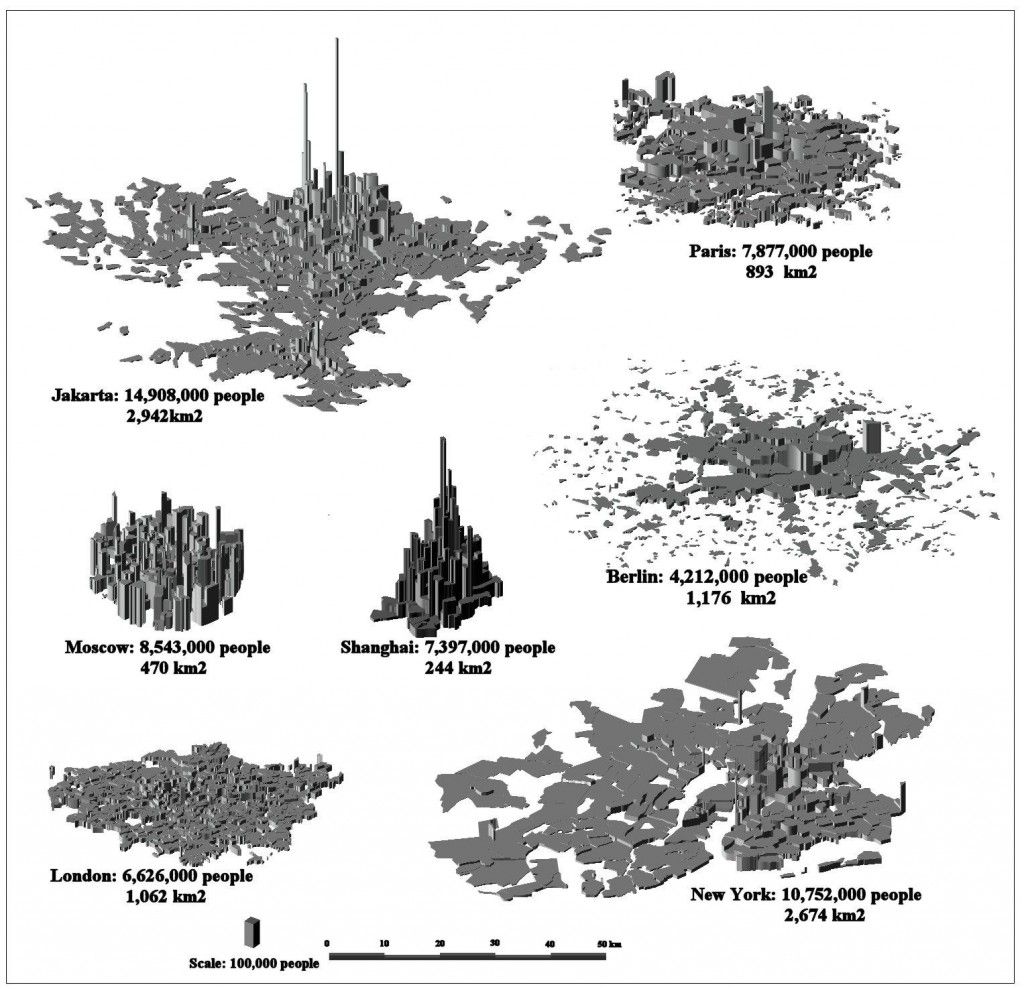
Source: author
Market-Driven Urban Planning
Bertaud’s central thesis is that cities function best when market principles dictate their development. He emphasizes the critical role of housing markets in shaping urban landscapes, arguing that supply and demand dynamics must be respected. As Bertaud states, “Urban planners should not impose their vision on the city but rather create a framework where the market can respond efficiently to the demands of the population” (Bertaud, 2018, p. 45). He critiques restrictive zoning laws that limit housing supply, leading to increased prices and reduced affordability. For example, Bertaud explains,
“Zoning laws that restrict the density of housing can create artificial scarcity, driving up prices and pushing people further from city centers” (Bertaud, 2018, p. 78).
He advocates for more flexible land use policies to allow cities to better adapt to population growth and economic changes.
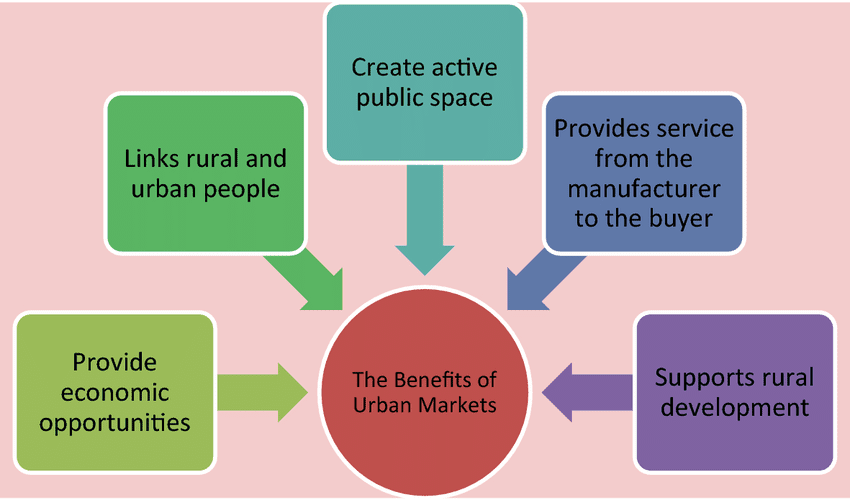
Critique of Traditional Planning and Role of Planners
Critique of Traditional Planning
Bertaud critically analyzes traditional top-down urban planning approaches, often leading to inefficiencies such as housing shortages and poor land utilization. He illustrates how rigid planning policies can stifle urban growth and economic vitality through detailed case studies, including cities like New York, Paris, and Mumbai. In contrast, he highlights cities like Houston, which have embraced more market-oriented planning practices, resulting in more affordable housing and dynamic urban environments. Bertaud argues,
“Houston’s lack of zoning laws has allowed it to adapt to population growth without the severe affordability crises seen in more heavily regulated cities” (Bertaud, 2018, p. 123).
Role of Planners
Bertaud redefines the role of urban planners as facilitators rather than designers of urban spaces. He suggests that planners should focus on providing the necessary infrastructure and policy frameworks to support market operations. Bertaud emphasizes the importance of data-driven analysis in guiding urban development, stating,
“Planners should rely on empirical evidence and real-time data to understand market trends and make informed decisions” (Bertaud, 2018, p. 157).
He underscores that planning decisions must be grounded in empirical evidence rather than ideological assumptions.
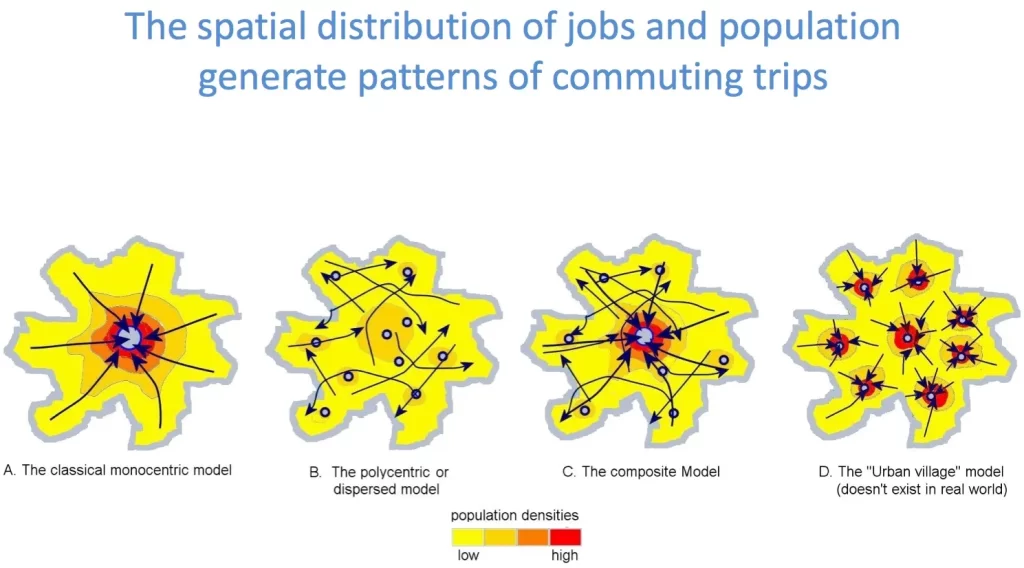
Criticisms and Counterarguments
While Bertaud’s market-driven approach is praised for its practicality and efficiency, it also faces criticisms for potentially exacerbating social inequalities and disregarding important socio-cultural factors. Some scholars argue that it may not be suitable for all urban contexts, especially in cities with significant social inequalities. Critics suggest that a purely market-driven model could exacerbate issues such as gentrification and displacement of low-income communities. Bertaud acknowledges these concerns, stating,
“Market-driven planning must be complemented by policies that protect vulnerable populations and ensure equitable access to housing” (Bertaud, 2018, p. 212).
Additionally, concerns about the ethical implications of prioritizing market efficiency over social equity indicate the need for a balanced approach that incorporates both market dynamics and social considerations.
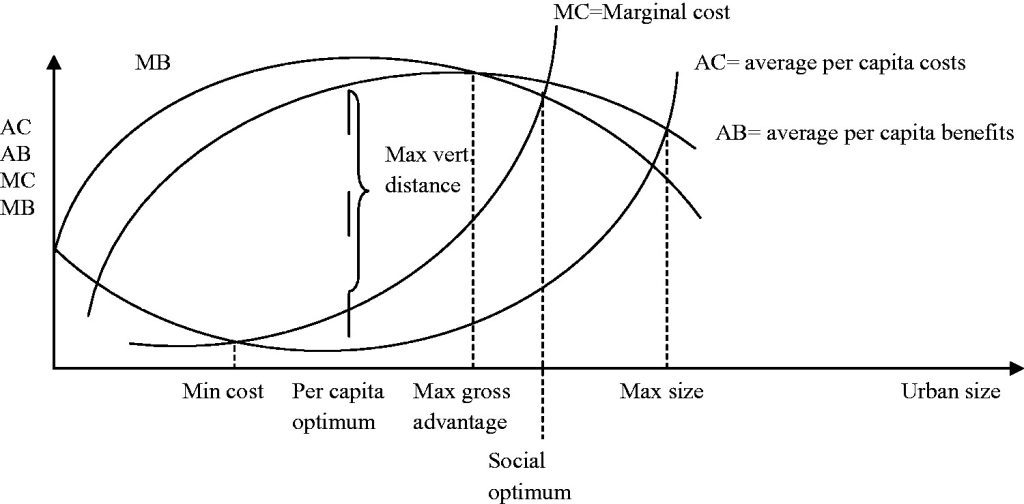
Applications and Influence
Despite its criticisms, “Order Without Design” has significantly influenced urban planning policies globally. Cities like Houston, which have adopted flexible land use policies, serve as models for accommodating growth while maintaining housing affordability. Similarly, Tokyo’s zoning approach has enabled high-density development, fostering economic vitality and urban livability. These case studies demonstrate the practical application of Bertaud’s principles and their potential to create more dynamic and efficient urban spaces. Bertaud highlights,
“The success of cities like Houston and Tokyo shows that market-oriented planning can lead to more vibrant and sustainable urban environments” (Bertaud, 2018, p. 234).

-1
Appreciation and Criticism
Alain Bertaud’s “Order Without Design: How Markets Shape Cities” is a groundbreaking work that offers a refreshing perspective on urban planning. Bertaud’s extensive experience and data-driven approach provide compelling evidence for the efficacy of market-driven urban development. His argument that planners should facilitate rather than dictate urban growth is both innovative and practical, challenging traditional paradigms and offering valuable insights for policymakers and planners alike. Bertaud’s assertion that
“planners should act as facilitators rather than designers” (Bertaud, 2018, p. 157) encapsulates a profound shift in urban planning philosophy.
Despite its strengths, “Order Without Design” has faced criticism for its heavy reliance on market mechanisms, which some argue can overlook important social and ethical considerations. Critics contend that Bertaud’s approach may exacerbate issues like gentrification and displacement, particularly in cities with significant socio-economic disparities. Additionally, while the book advocates for flexibility and market efficiency, it sometimes underestimates the complexities and constraints that cities face, such as political, historical, and cultural factors that cannot be easily addressed through market solutions alone. As one critic notes,
“Bertaud’s market-centric view, while insightful, does not fully account for the socio-political nuances that shape urban environments”.
Conclusion
Alain Bertaud’s “Order Without Design” offers a thought-provoking perspective on urban planning, advocating for a market-driven model that challenges traditional approaches. The book’s emphasis on empirical data and evidence-based analysis provides a strong foundation for its arguments. While it has faced criticism for potentially overlooking social and ethical considerations, Bertaud’s work has significantly influenced both academic discourse and practical policy-making. His ideas contribute to the ongoing debate on how best to shape the cities of the future, highlighting the importance of understanding and facilitating market forces in urban development.
References
- Alan Bertaud. (2018). Order Without Design: How Markets Shape Cities. The MIT Press.
- Özlem Candan Hergül, & Parisa Göker. (2021). Determining the suitability level of urban markets to the urban planning and design criteria: the case of Bilecik, Turkey. Environment, Development and Sustainability, 23(12), 18443–18470. https://doi.org/10.1007/s10668-021-01454-5
- Hoekstra, R. (2012). Urban Regeneration in a Market-Oriented Decision Environment: A Deeper Understanding of the Plan-, Decision making and Development Process in a Market-Oriented Approach to Urban Regeneration and its Possible Physical and Socio-demographic Implications in Dutch Deprived Neighbourhoods. Urban Regeneration in a Market-Oriented Decision Environment. https://doi.org/152341469
Minza Shahid
Minza Shahid is a student, ardent about urban design and enhancing public spaces and aims to utilize architecture to foster community and sustainable environments. She is also a writer who explores the cultural and anthropological elements of the transforming built environment and its impact on immediate stakeholders.
Related articles

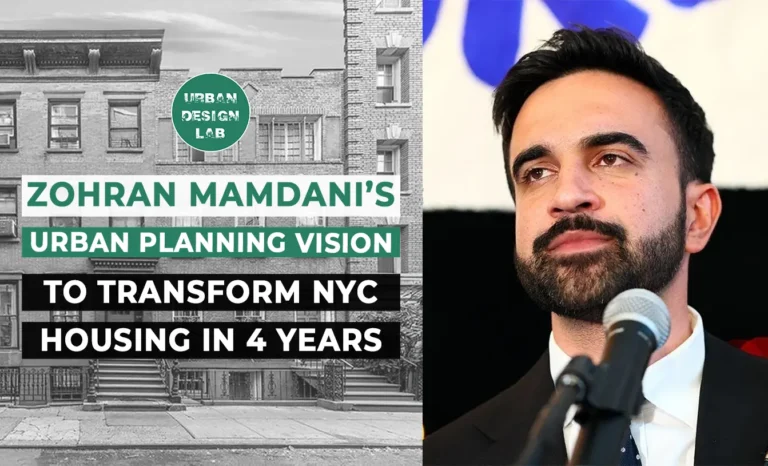

History of Urban Planning in India

Kim Dovey: Leading Theories on Informal Cities and Urban Assemblage

Top Urban Destinations for Architecture Tours Beyond the Usual Stops

UDL GIS
Masterclass
Gis Made Easy- Learn to Map, Analyse and Transform Urban Futures
Session Dates
15th-19th December 2025

Urban Design Lab
Be the part of our Network
Stay updated on workshops, design tools, and calls for collaboration
Curating the best graduate thesis project globally!

Free E-Book
From thesis to Portfolio
A Guide to Convert Academic Work into a Professional Portfolio”
Recent Posts
- Article Posted:
- Article Posted:
- Article Posted:
- Article Posted:
- Article Posted:
- Article Posted:
- Article Posted:
- Article Posted:
- Article Posted:
- Article Posted:
Sign up for our Newsletter
“Let’s explore the new avenues of Urban environment together “


